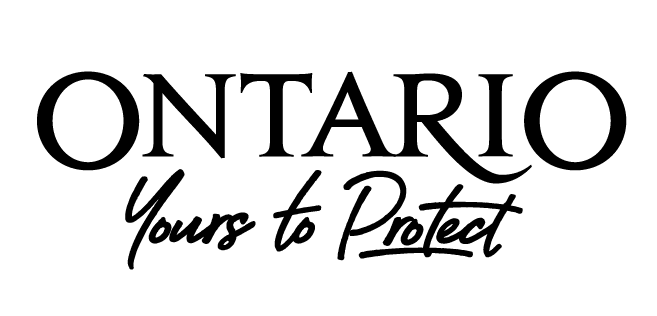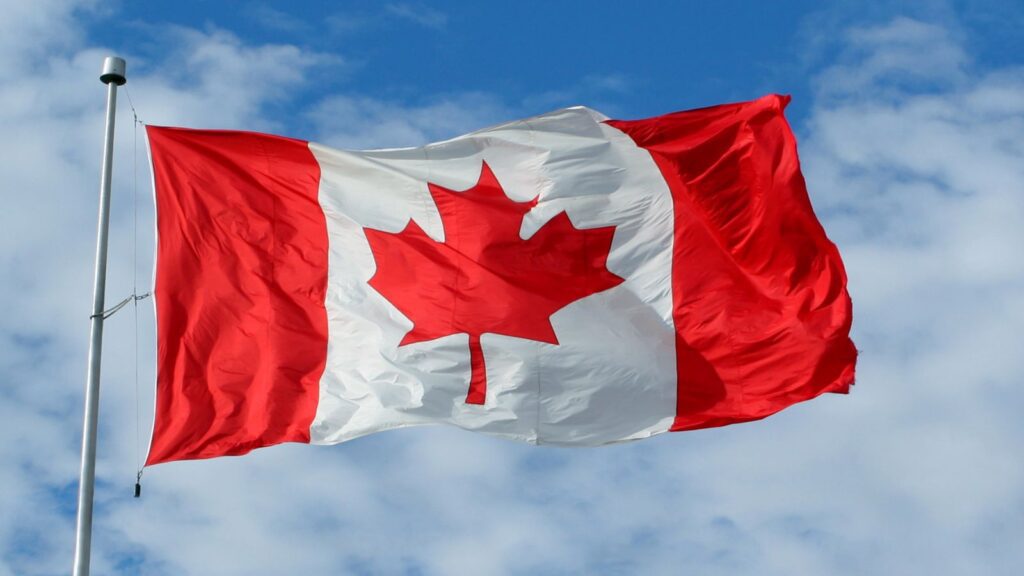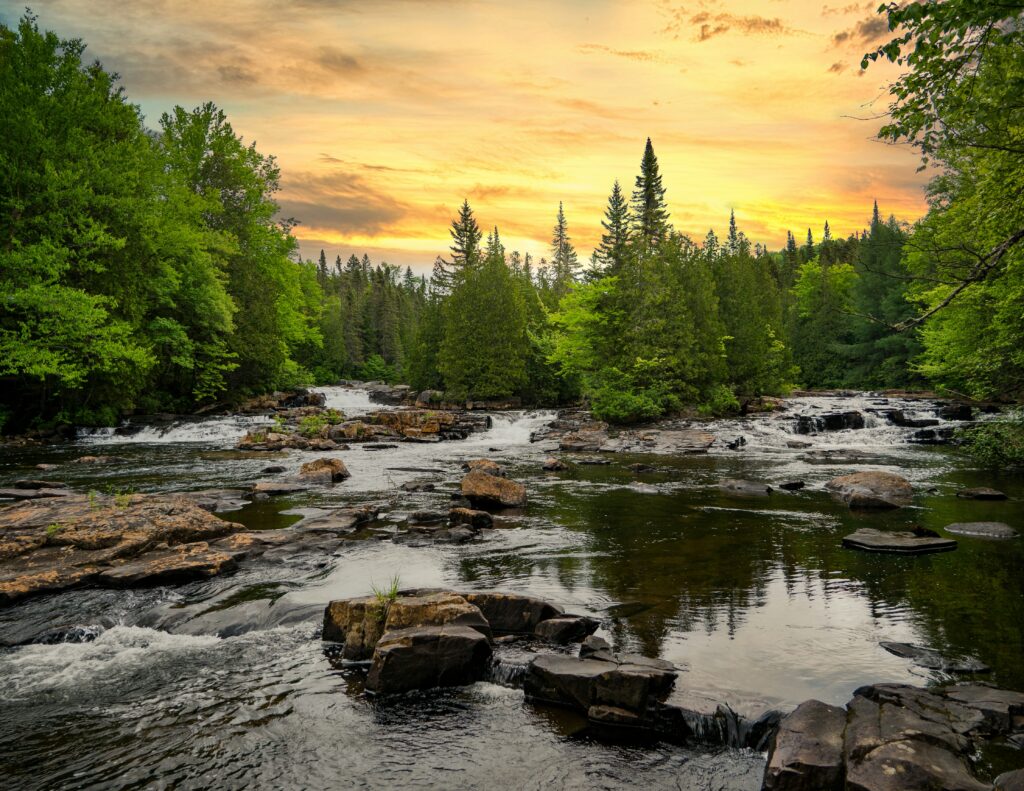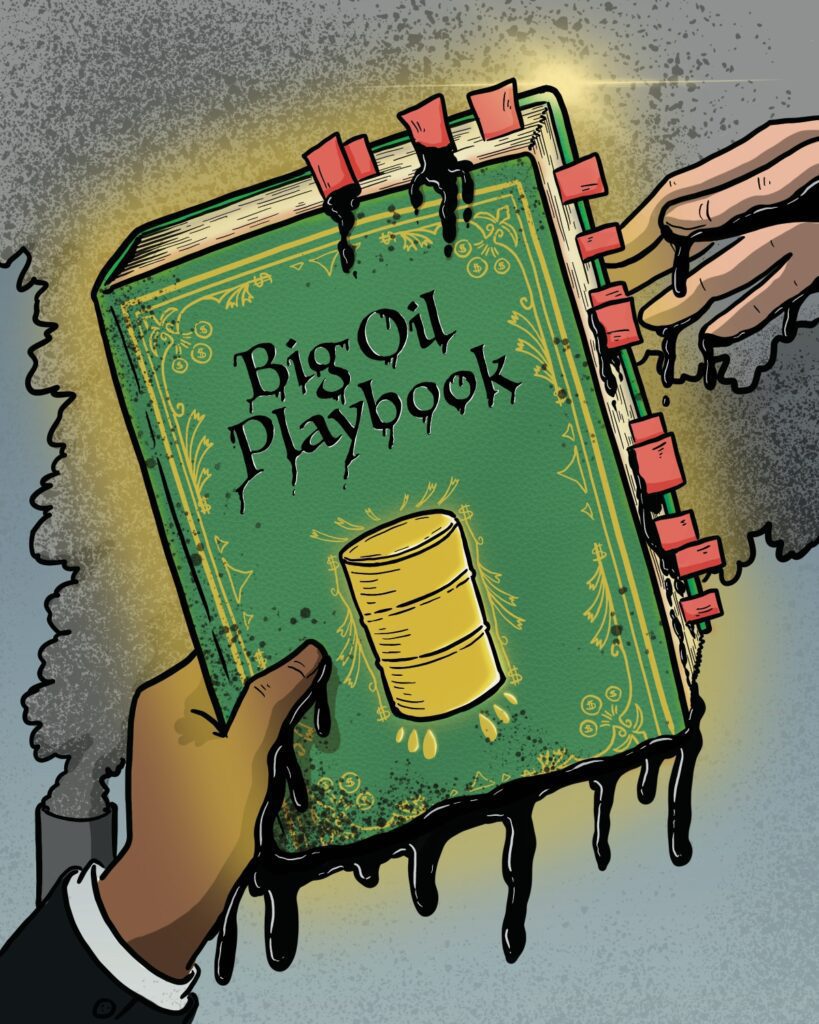Montréal/Tiohtià:ke | Traditional, unceded lands of the Kanien’kehá:ka/Mohawk Nation, a gathering place for many First Nations, including the Anishinaabeg – In the leadup to the UN’s COP15 (NatureCOP) in Montreal, 17 Canadian environmental organizations are calling on Canadian and world leaders to deliver a win for the future of people and the planet by landing a new global deal to save nature and committing to a national action plan to achieve this at home.
Nature is in crisis because of the ongoing rampant destruction of land and ocean ecosystems, as well as the catastrophic effects of climate change.
Nature loss is an environmental and social issue that threatens the health of people and the planet alike. Global wildlife populations have plummeted by nearly 70% in the last 50 years due primarily to habitat loss, while communities continue to lose access to life-sustaining resources, including food, clean air to breathe, and drinkable water.
On the heels of COP27 (ClimateCOP) in Egypt, the connection between climate change and biodiversity loss – two of the biggest crises we currently face – is finally being recognized. Climate change is one of the top three drivers of biodiversity loss, while biodiversity loss makes ecosystems increasingly vulnerable to climate change. With each crisis exacerbating the other, solutions are needed to address both simultaneously and quickly – before it’s too late.
Implementing an ambitious Global Biodiversity Framework and Canadian Biodiversity Action Plan can transform the world and halt and reverse nature loss by 2030. A whole-of-government and whole-of society approach is needed for both these plans to deliver the transformational change needed to live in harmony with nature and address the environmental injustices that harm nature and people.
Many of the opportunities to protect land and ocean in Canada are led by Indigenous Peoples, and supporting Indigenous-led conservation is an essential part of reconciliation. Respecting the sovereignty and leadership of Indigenous Peoples and supporting Indigenous-led conservation must be at the centre of any plan to save nature.
We need to halt and reverse nature loss now for the future of people and the planet. There is no time to wait. NatureCOP is a historic moment where global leaders must agree on a new plan to ensure the full recovery of nature and sustain healthy societies into the future. Canada must take action at home to do the same.
To achieve this, the Global Biodiversity Framework and the Canadian Action Plan must include requirements to:
- Recognize and respect Indigenous Peoples’ rights, knowledge, and conservation leadership
- Effectively protect at least 30% of land and ocean by 2030 in well-connected networks of protected areas and other effective area-based conservation measures, ensuring Indigenous rights are respected
- Strengthen actions to recover species at risk and restore degraded ecosystems
- Sustainably manage resource-based and extractive industries, including agriculture, forestry, fisheries and mining across the entire land and seascape
- Put biodiversity at the forefront of decision-making across governments and societies
- Strengthen accountability measures to support implementation, including creating stronger laws in Canada
- Invest adequate financial resources, including repurposing subsidies harmful to nature, and
- Promote equitable access to nature for all people.
The Government of Canada has already made ambitious commitments to halt and reverse biodiversity loss in our country, including by protecting 30% of land and ocean by 2030 and supporting Indigenous leadership in conservation. Now we need a commitment to an ambitious action plan for all levels of government in Canada to deliver on these promises.
Canadian environmental groups are calling on the Government of Canada to seize this historic moment at NatureCOP by showing leadership at home and globally by committing to an ambitious new plan and action to stop nature loss and support a healthy, sustainable environment across our society.
Quotes
“Vital and vulnerable natural landscapes across Canada need stewarding through community-based conservation efforts, such as land trusts which provide significant nature-based climate solutions through the protection and restoration of carbon-rich habitats. Canada also needs a network of protected spaces with corridors to safeguard critical habitats for species at risk and to take meaningful steps towards conserving 30% of land by 2030.” Renata Woodward, Acting Executive Director, Alliance of Canadian Land Trusts
“This is a critical moment for birds, biodiversity and our planet. Canada can demonstrate leadership by committing to an ambitious biodiversity strategy which mobilizes people across Canada to protect the most important places for birds thereby halting the declines of species and ensuring a healthy environment for all Canadians.” Patrick Nadeau, CEO, Birds Canada
“COP15 in Montreal is a moment of choices. We can either agree to restore our broken relationship with nature or continue on the suicidal path that’s destroying wildlife and letting pollution kill millions every year. The legacy of this COP15 must be agreeing to a Global Biodiversity Framework that holds polluters and governments accountable and contributes to heal a broken planet.” Eddy Pérez, International Climate Diplomacy Director, Climate Action Network Canada
“Protecting at least 30% of land and ocean globally and in Canada is a critical and achievable step towards halting and reversing biodiversity loss by 2030. Canada can achieve this important target and demonstrate true global leadership if federal, provincial and territorial governments all recognize and prioritize support for Indigenous-led conservation across the country.” Sandra Schwartz, National Executive Director, Canadian Parks and Wilderness Society
“Canada needs to conserve and value nature across the landscapes where people live, work and play. Governments cannot do this alone. We need a new strong set of actions for all Canadians to play their part in halting and reversing biodiversity loss.” Rick Bates, CEO, Canadian Wildlife Federation
“NatureCOP is a historic moment where we have an opportunity to halt and reverse nature loss now, for people and the planet. To sustain healthy societies in the future, global leaders must agree to support nature’s full recovery. Canada must also create an ambitious plan and ensure all levels of government do their part.” Jay Ritchlin, Director General, Western Canada and Nature Programs, David Suzuki Foundation
“To ensure that Canada’s biodiversity targets are meaningful, we need national legislation that sets timelines and holds government accountable for achieving them. It is equally critical that the legislation promotes the rights of Indigenous communities and recognizes their jurisdiction in protecting nature.” Joshua Ginsberg, Lawyer, Ecojustice
“Canada’s rich biodiversity endowment gives it a particular responsibility to protect and steward nature. Our country has the longest coastline, 20 per cent of Earth’s wild forests, 24 per cent of its wetlands and almost one-third of its land-stored carbon within its borders. Canada’s forest, tundra and wetland ecosystems are home to the largest remaining natural terrestrial mammal migration, the Caribou, and provide habitat for billions of nesting birds. Canada must prevent the biodiversity harms that polluters are creating, and address the loss and damage experienced by Indigenous people across the planet and on these lands.” Cassie Barker, Toxics Senior Program Manager, Environmental Defence
“The extinction crisis is here. This is no time for half measures. We need strong action, better laws to protect nature and wildlife, and an end to Canada’s colonial approach to land.” Reykia Fick, Nature and Food Campaigner, Greenpeace Canada
“Canada has made ambitious commitments to expand protected areas, promote nature-based climate solutions and halt and reverse nature loss. This is the kind of vision for nature that we need in the world. COP15 provides an opportunity for Canada to help build the momentum for a new global agreement on biodiversity and lead by example at home. We need a comprehensive national action plan to halt nature loss that includes not only the protection of land and ocean, but the restoration of threatened ecosystems and wildlife populations, and an end to government subsidies that harm nature.” Graham Saul, Executive Director, Nature Canada
“The dual crises of biodiversity loss and climate change are locked into accelerating feedback loops, and one of the best ways to break that cycle is by reversing nature loss. With much of the world’s remaining intact nature here in Canada, we have a global responsibility to protect, restore and steward it — and a national responsibility to ensure this is done in a rights-driven way that recognizes and supports Indigenous knowledge, governance and priorities.” James Snider, VP – Science, Knowledge and Innovation, WWF-Canada
“We all want a future that includes nature. That can start with Canada’s leadership at COP15. It should continue with commitments and funding of key solutions such as implementing 30×30, increasing landscape connectivity and supporting Indigenous-led conservation. Canada is already home to models that work, including the large landscape vision in the Yellowstone to Yukon region — we need more such ambition.” Jodi Hilty, President and Chief Scientist, Yellowstone to Yukon Conservation Initiative
– 30 –
For more information or to request an interview, please contact:
Paula Gray, Communications Manager, Environmental Defence, pgray@environmentaldefence.ca, 705-435-8611







